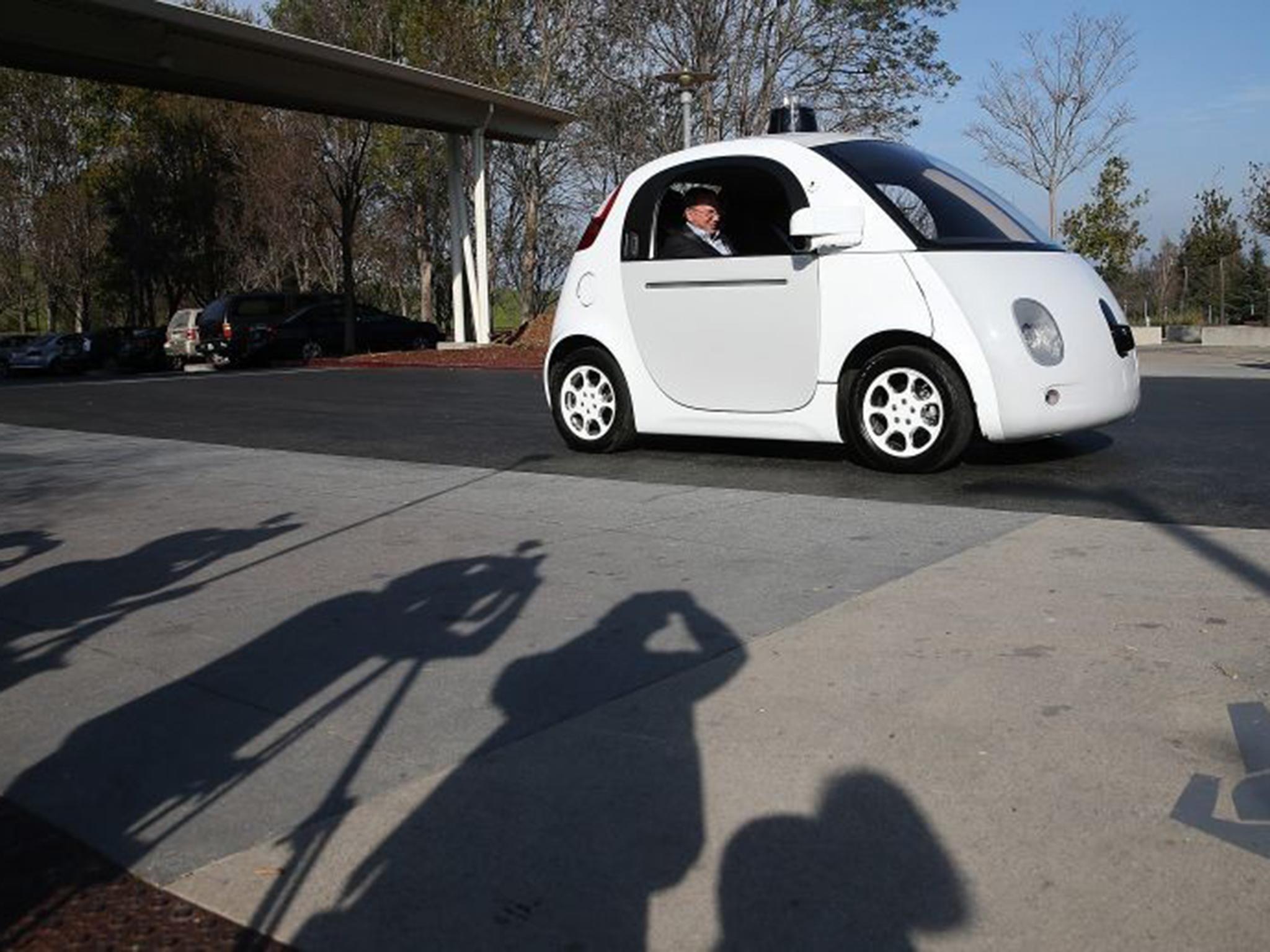Artificial Intelligence is set to shape our lives – and the economy – in 2017
As yet we don’t fully measure these changes that have taken place. If you are reading this on a Facebook feed, you are doing so because you have signalled that this is the sort of stuff you are interested in. Facebook has cleverly directed this to you


Will technology at last help us to feel richer in 2017? The prevailing concern for several years now has been that despite rising GDP most people are not feeling any richer, and some people attribute the success of populist politicians to this sense of resentment.
That won’t go away in the coming year for sure. But we will hear a lot more about the clutch of technologies that potentially can transform our living standards, and accordingly give a practical response to populism by showing that things can and will get better.
The core set of these technologies goes under the umbrella term Artificial Intelligence. The New York Times Magazine has just run a piece by Gideon Lewis-Kraus, under the title “The Great A.I. Awakening”, which sums up what is happening. It is largely about what Google is doing in this field, starting with the announcement in London of a much improved version of Google Translate. The improvement is largely down to the application machine learning, which is really a sub-section of AI, but a massively important one. Thanks to AI, the translation service is now much better, and able to produce good colloquial English – and other languages. Google Translate had been getting better, but apparently the overnight improvement resulting from the use of AI was equivalent to all the improvements over the previous four years. It seems that machines are better at learning from their mistakes than humans are.

There is a multitude of other ways in which AI will improve the quality of services. One of the more obvious is car navigation. Leave aside the whole self-driving car business, which may or may not transform the world. What is already happening is much better vehicle navigation. Remember all the stories about people slavishly following their satnav and ending up in a river? You hear a lot less of that now. Thanks partly to the huge increase of real-time information about traffic flows and partly to AI, navigation systems have become much better. This is not just about us avoiding motorway jams over the holidays; it is more about optimising delivery routes for goods and services.
Another example is speech recognition, where machines are now close to the ability of human beings to understand what is being said. Combine that with machine translation and we are quite close to being able to talk in one language and the listener hear in another – a real version of the fictional babel fish of Douglas Adams’ Hitchhiker’s Guide to the Galaxy. There are a string of products that nearly do this, but I have been unable track down one that does so reliably and in real time. Wait a year or so, though, and the technology will be there.
Still another – and slightly spooky – advance is in machine recruitment. Initial filtering of job applications in many companies is now done without a human being actually seeing them, and with only a minority being passed on for consideration. But humans are not good at hiring. If you could improve staff selection by looking at the performance of millions of job-seekers, rather than the quite small selection of the recruiters’ personal experience, then the benefit to employer and employee would be huge. Fewer bad appointments from the employer’s point of view; fewer poor career choices from the perspective of the job-seeker.
My point here is that we are in the early stages of a revolution that will make the world economy much more efficient. It has been dubbed the Fourth Industrial Revolution, the first at the beginning of the 19th century being driven by steam (railways, textile factories, etc), the second at the end of that century by electricity (cars, telephone, consumer durables), and the third from the 1960s on by computers (payment systems, information).
As yet we don’t fully measure these changes that have taken place. If you are reading this on a Facebook feed, you are doing so because you have signalled that this is the sort of stuff you are interested in. Facebook has cleverly directed this to you. It has done work that you would otherwise have had to do for yourself, rather as your smartphone does the work of looking up the best way to get across town. But time saved is not fully caught in calculations of GDP. We are getting (a bit) richer, but we don’t know it.
My guess is that as we move into 2017 the hottest issue won’t be politics; it will be technology. The contribution of technology is not all positive. Do you want to join the gig economy? Do you want to be interviewed by an algorithm? But if a computer can diagnose an illness better than a doctor, bring it on. So on balance what is happening will make for better lifestyles, whether or not it appears as such in GDP.
Join our commenting forum
Join thought-provoking conversations, follow other Independent readers and see their replies
Comments
Bookmark popover
Removed from bookmarks